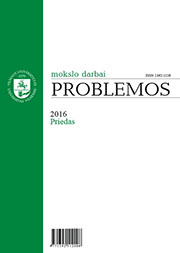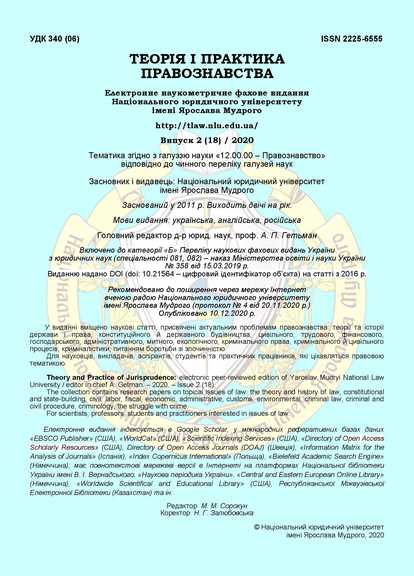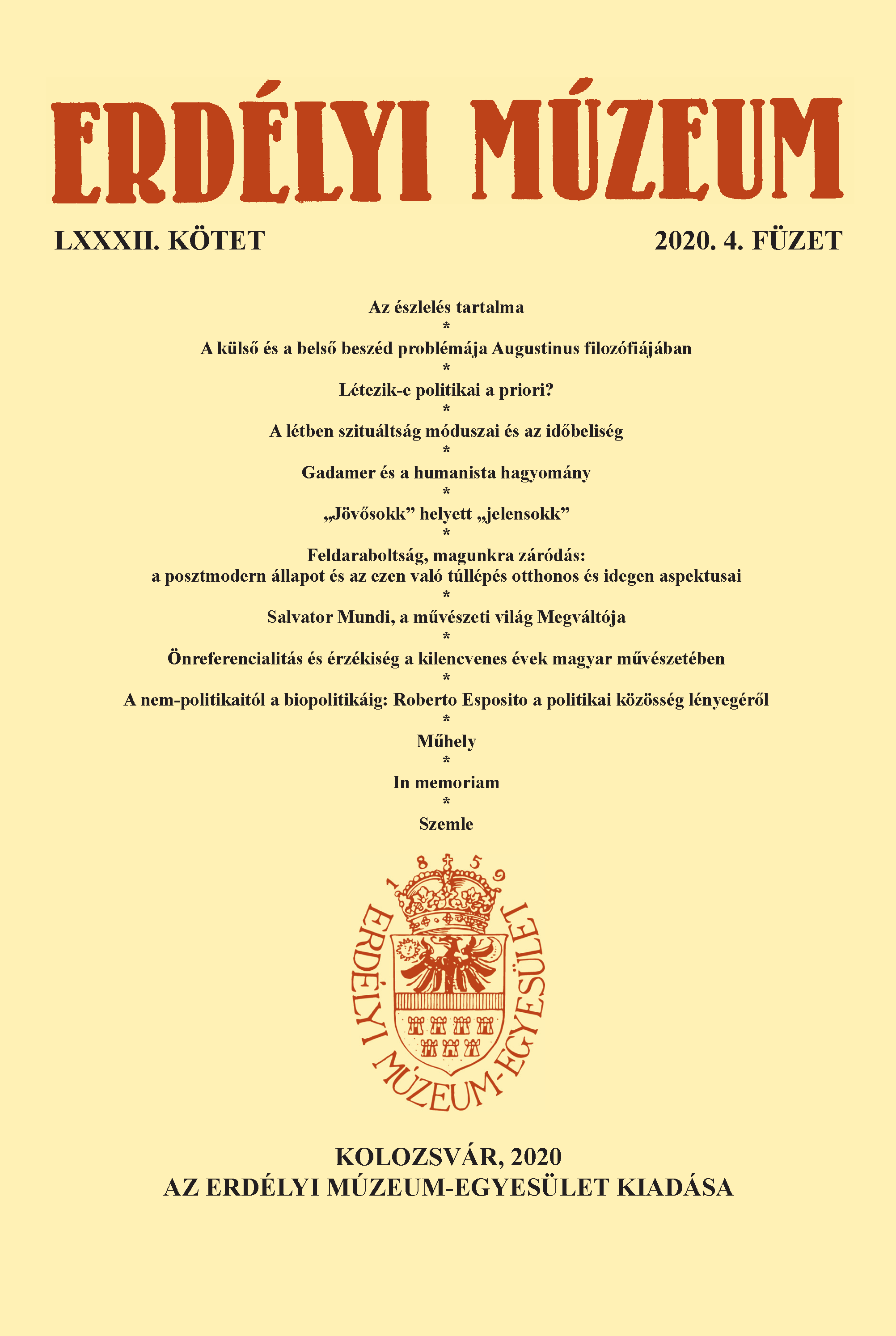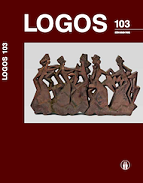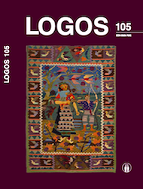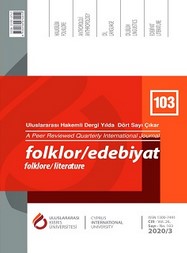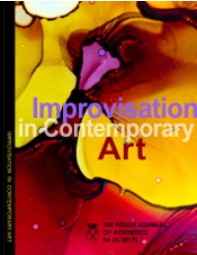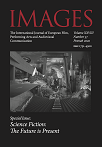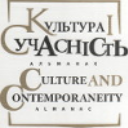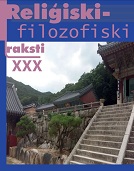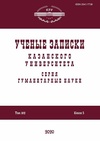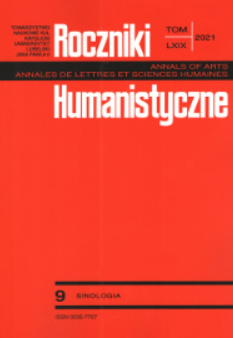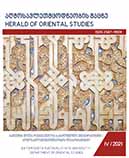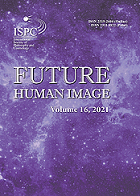Author(s): Hasan Işik / Language(s): Turkish
Issue: 103/2020
The history of faith has been developing religious systems within the framework of narratives based on various supernatural beings since the day human beings existed on earth. Myths are one of the concepts that nurture these elements within these belief systems that also have the characteristic of being transferred from generation to generation. The myths which are mostly inherited from unknown times in the social order lived, focusing on the creation of the world, human existence and the concept of God, hills, mountains, stones and so on has cults. These myths include the mountain cult, which is seen as the “centre of the universe” within the Indian, Chinese, Japanese, Greek and Iranian religious tradition, which provides the link between the earth and the sky. Based on the height and infinity splendour of the sky, the human being, who believes that a supreme Being exists in this space, has revealed the cult of the mountain by looking at the sky and the mountain through the eyes of blessing. In Hinduism and Buddhism, this mountain cult, which is seen as Sumeru or Meru Mountain, is especially important in the religious life system of the people who have adopted Buddhism. It is seen that the sacred mountain cult took place in the words of Sumer~Sumeru in Buddhism and Central Asia, which were adopted as a result of the Uyghurs’ relations with urban life and trade. In Central Asian Turkish Buddhism, the expression Sumer~Sumeru, which Uyghurs transferred to Turkic via Toharian A/B, means mountain standing in the center of the world gibi as in Buddhism and Hinduism. In this sense, “Sumer~Sumeru Taġ” expression, which was first seen in Buddhist texts of Old Uyghur Turkic, is a Buddhist term in the religious terminology of Turkic language. In this study, in the context of the expression “Sumer~Sumeru Taġ”, which is seen in Buddhist texts of Old Uyghur Turkic, the concept of mountain cult in sacred religions and beliefs is given and the conceptual value of this religious term seen in Old Uyghur Turkic is aimed to be put forward with these explanations.
More...
